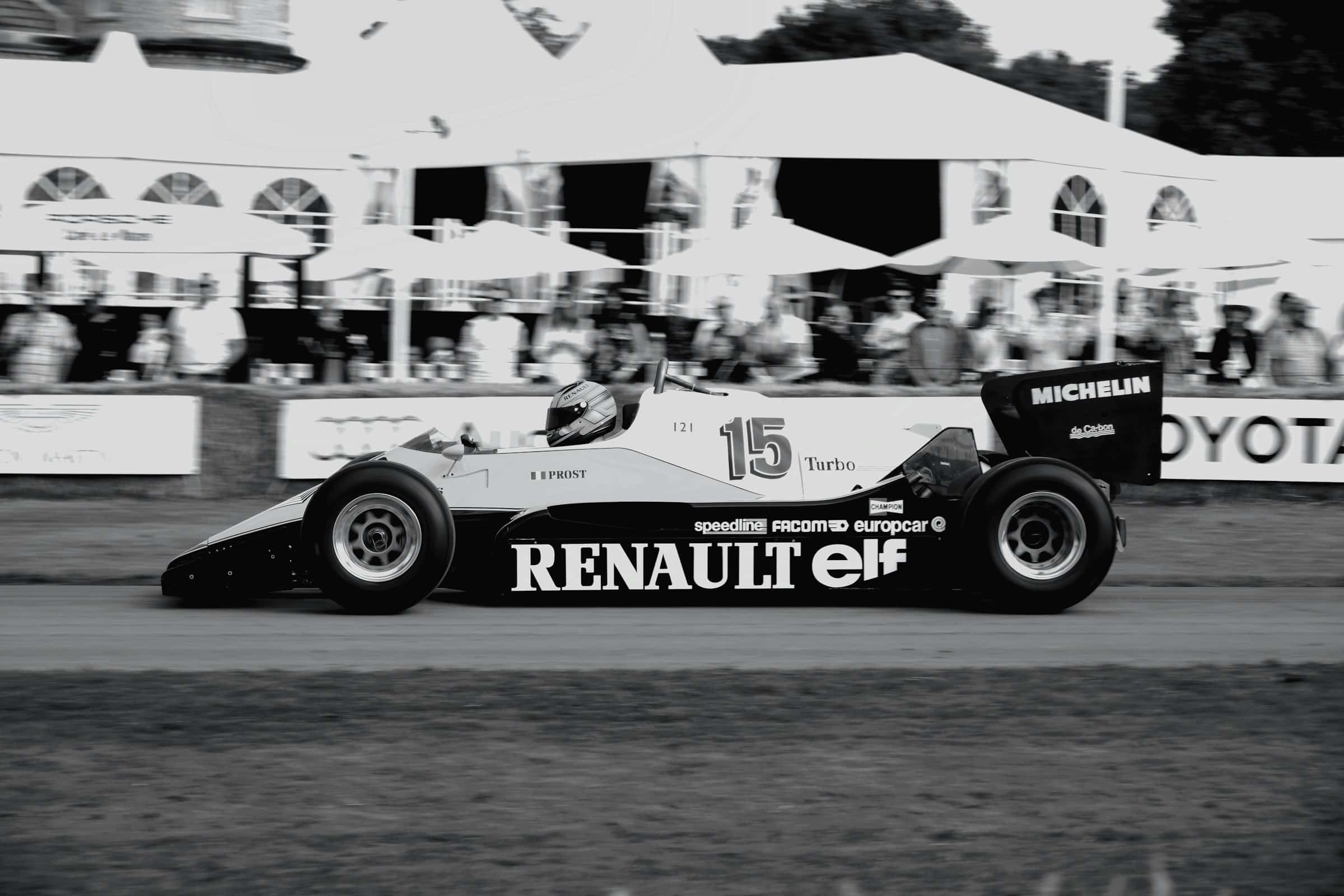How can UK motorsport drivers use simulator training to improve track awareness?

For UK motorsport drivers, the finite difference between finishing first and second often lies in their track awareness. This is the ability to understand every corner, every straight, every elevation change on a circuit. It is the knowledge of where to brake, when to turn, and how to attack each lap to gain that vital advantage over the competition. One method gaining popularity in improving track awareness is the use of racing simulators. This article discusses how drivers can leverage this technology to enhance their performance on the racetrack.
The Role of Simulators in Racing
Simulator training has become an integral part of modern racing, with several benefits that extend beyond the tangible realms of car control and lap time reduction.
Avez-vous vu cela : What are the latest teaching methods for advanced stroke techniques in UK competitive swimming?
Racing simulators provide a risk-free environment where drivers can practice and refine their skills. Drivers can test various strategies, learn new tracks and even simulate different weather conditions. The more time drivers spend in a simulator, the more familiar they become with the track layout. This familiarity is crucial during a race where split-second decisions can make all the difference.
Simulator training also allows drivers to work on their visual perception skills. By practicing where to focus their gaze during different sections of the track, drivers can improve their anticipation and reaction times. Research has shown that professional drivers focus on the furthest tangent point in a corner before turning their attention to the exit. By honing this gaze technique in a simulator, drivers can make more accurate and timely decisions during a race.
Sujet a lire : How to choose the right gym management software for your gym
The Impact of Simulator Training on Driver Performance
The influence of simulator training on driver performance is evident in studies conducted on the topic.
For instance, a DOI research found that participants who underwent simulator training demonstrated a significant improvement in their lap times when compared to those who did not. They were better able to anticipate corners, adjust their line through the corners and exit the corners at higher speeds. This shows that simulator training not only improves track awareness but also enhances the overall performance of a driver on a circuit.
While the tangible benefits of improved lap times and car control are clear, simulator training also has a psychological impact on drivers. The confidence gained from knowing every inch of the track, every nuance of a corner, can give a driver the mental edge over their competitors.
Moreover, the simulators' ability to replicate stressful racing situations helps drivers improve their mental resilience. They learn to manage stress and make calm, calculated decisions even in high-pressure situations, which significantly improves their race-day performance.
The Future of Simulator Training in UK Motorsports
The future of simulator training in UK motorsports looks promising. With advancements in technology, racing simulators are becoming more realistic, providing an immersive driving experience that closely mirrors real-life racing conditions.
The use of Virtual Reality (VR) is one such advancement. With VR, drivers can experience a 360-degree view of the track, further enhancing their spatial awareness. The integration of haptic feedback technology also adds to the realism, allowing drivers to feel every bump, every change in track surface, and even the G-forces experienced during a race.
In addition, AI technology is being used to analyse drivers' performance in the simulator, providing real-time feedback and personalised training programs. This data-driven approach helps drivers identify their weaknesses and work on them, leading to continuous improvement.
Making the Most of Simulator Training
For drivers to truly reap the benefits of simulator training, they need to approach it with the right mindset.
Firstly, drivers should treat the simulator as a tool for learning rather than just a game. Every session should have a specific goal or task, whether it's learning a new track, mastering a particular corner, or improving lap times.
Secondly, drivers should utilise the data provided by the simulator. By analysing telemetry data, drivers can gain insights into their driving style and identify areas for improvement. They can see where they're losing time on the track and make necessary adjustments.
Lastly, consistency is key. Just as with real-world driving, consistent practice in the simulator will yield the best results. Over time, the skills learned in the simulator will become second nature, translating to improved performance on the racetrack.
In conclusion, simulator training provides UK motorsport drivers with a unique opportunity to enhance their track awareness and overall driving performance. By utilising this technology in the right way, drivers can gain a competitive edge and move closer to the coveted top step of the podium.
Harnessing Data for Precision and Efficiency
In the world of motorsports, even the smallest details can make a difference. Thanks to advanced technology, simulator training is now able to provide a wealth of information to drivers, with telemetry data playing a significant role in improving track awareness.
Telemetry, in a motorsport context, involves the remote measurement and reporting of data collected from sensors in a racing car. As drivers navigate a simulated track, the simulator measures a multitude of parameters such as brake pedal position, yaw angle, and steering wheel movements. By examining this data, drivers can gain insights about their driving habits, such as their reaction time and how they handle the steering wheel, brake, and accelerator during different segments of the race.
For example, using an eye tracker, drivers can determine where their gaze tends to fixate during a race. Google Scholar research has shown that experienced racing drivers often focus on the furthest tangent point in a corner, before shifting their attention to the exit. By identifying where their gaze falls short, less experienced drivers can use this data to improve their own eye movements and, hence, their track awareness.
Similarly, comparing maximum brake pedal position data between experienced drivers and less experienced ones can provide insights into optimal braking techniques. By practicing these techniques in the simulator, drivers can refine their skill set, enhancing both their performance and their lap times.
Virtual Reality: The Game-Changer in Simulator Training
Virtual Reality (VR) is revolutionising simulator training for UK motorsport drivers. By providing a 360-degree view of the track, VR takes track awareness to a whole new level.
With VR, drivers are able to immerse themselves fully in their training, experiencing a virtual race that closely mimics the real thing. This includes experiencing changes in elevation, navigating tight corners, and adjusting to different road departures just like in a real race.
Moreover, the integration of haptic feedback technology provides tactile feedback to drivers, allowing them to feel every bump and change in the track surface. They can even experience the G-forces that are typically felt during a race. This realistic, immersive experience not only enhances their awareness of the track but also helps them prepare physically and mentally for a real race.
Furthermore, AI technology is being used to tailor training to individual drivers. Through real-time feedback and data analysis, drivers can identify their weaknesses, work on them, and monitor their progress. This personalised approach to training ensures that every minute spent in the simulator is used effectively, leading to tangible improvements on the racetrack.
In conclusion, simulator training is a powerful tool that can significantly enhance a driver's track awareness and overall performance. By harnessing the power of telemetry data, Virtual Reality and AI, UK motorsport drivers have the opportunity to fine-tune their skills, gain a competitive edge, and ultimately, stand on the top step of the podium. As technology continues to evolve, we can only expect simulator training to become even more sophisticated and effective in the years to come.
